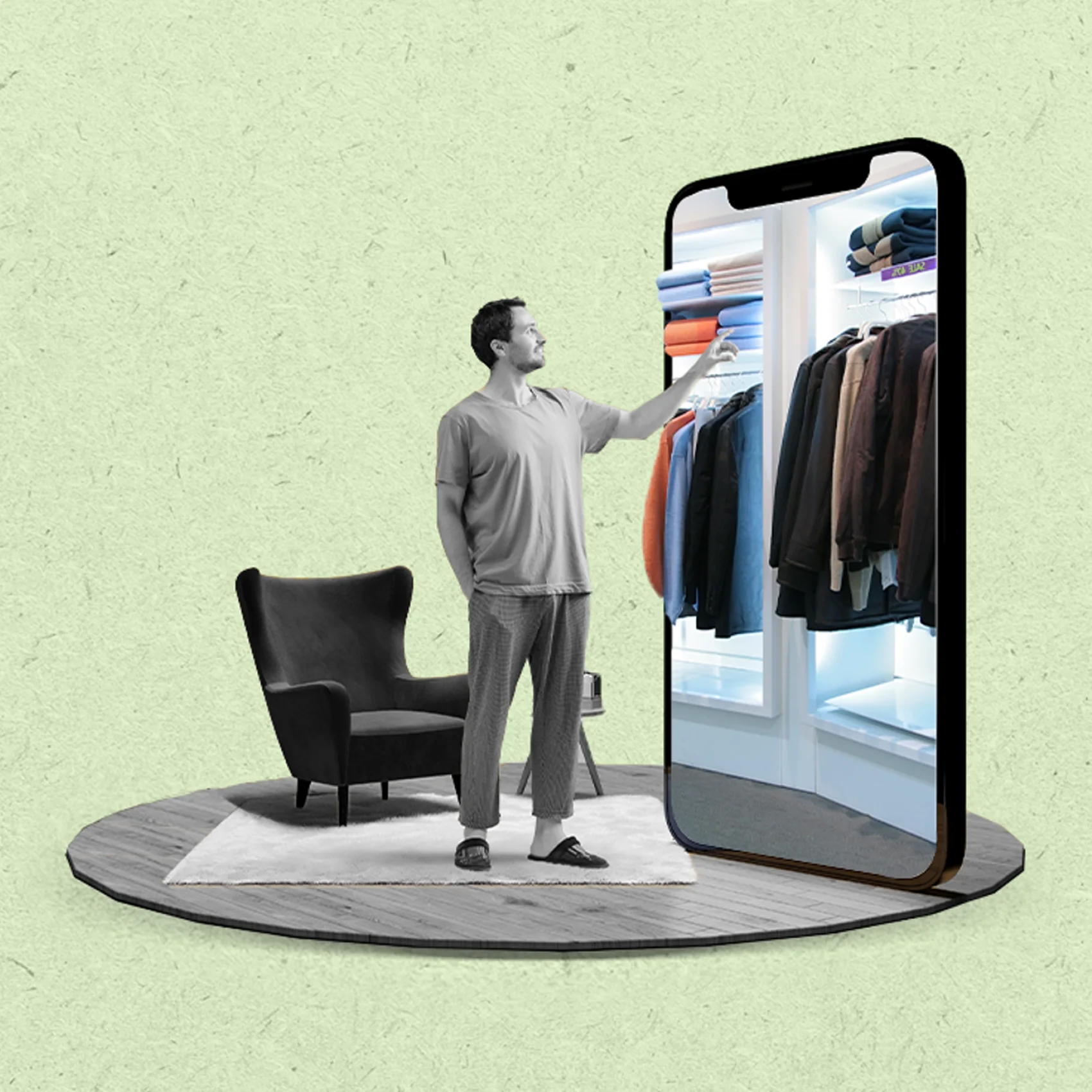Home (with AI) for the holidays
How gen AI and other advances are expected to deliver more personalized holiday shopping and CX
Retailers are racing to implement generative AI in myriad forms and applications, all in an effort to improve customer experience, where so many bottom-line results today are won or lost.
Retail-shopper chatbots have made big advances over the last year, but companies still have a lot of work to do: 34% of retailers have not personalized two-thirds of their overall customer journey, according to a new Incisiv report on retail CX, and many face other “gaps across capability adoption and customer expectations.”
Retailers will soon face a huge stress test of their AI progress: the 2024 holiday shopping season. The stakes are made even higher by mostly bearish forecasts for overall holiday consumer spending: Deloitte predicts sales growth of 2-3%, down from a 4.3% increase in 2023.
While the pace of AI deployment has been frenetic, retailers should not focus on trying to win an AI race, says Malcolm Koh, head of customer service advisory for APJ & MEA at Freshworks.
“Some companies can easily feel like they're behind,” says Koh, “but the industry is closer to where everybody is with AI and CX, which is that the rubber hasn’t quite hit the road. It’s an evolution.”
So, what AI strategies and trends in play will deliver the most impact this holiday season? Here’s a look at a few nascent areas of AI deployment that retailers are counting on the most.
Deploying gen AI to improve customer support and ROI
For many retailers, AI-powered self-service portals and virtual assistants are already enabling faster and more personalized support for shoppers. These advances aren’t just pilot projects; they are delivering tangible results.
For example, retailers using Freshworks' Freddy AI Copilot, a generative-AI-powered assistant, are seeing shorter response times and better outcomes. In a recent analysis of 260 retail customers, Freshworks found that after adopting Freddy AI Copilot, the median average first response time improved by 12%, and the median average first resolution time improved by almost 11%.
Big Lots, a prominent discount retailer, is leveraging Freshworks’ AI to create a fully personalized customer support experience across multiple channels, reducing service costs and improving overall CX.
Why that matters: Integrating generative AI could unlock an additional $310 billion in value for the retail sector, according to McKinsey research, particularly by optimizing customer interactions.
The industry is closer to where everybody is with AI and CX, which is that the rubber hasn’t quite hit the road. It’s an evolution.
Malcolm Koh
Freshworks
Improving personalization and convenience
The holiday season is notorious for long checkout lines, crowded stores, and the inevitable question: What to buy? Enter AI, which is starting to show how it can make holiday shopping more fun.
Nearly 9 in 10 shoppers plan to use AI in some form for their holiday shopping in 2024, according to a TalkDesk survey, with 73% leveraging AI chatbots to find sales and discounts. McKinsey research further suggests that AI can slash the time spent on holiday shopping by as much as 50-70%.
Get the report: Freshworks Customer Service Benchmark 2024
The hope for retailers over the holidays? A more streamlined shopping experience that can pull in more customers and accelerate sales.
Easing the financial and experiential pain of returns
In 2024, AI is taking on more of the burden of gift returns, making the process smoother for both consumers and retailers.
A recent National Retail Federation study found that returns spike to 17.9% during the holiday season, costing retailers an average of $27 for every $100 in returned merchandise. AI can significantly reduce these costs by optimizing return routes, predicting which products are likely to be returned, and guiding customers toward alternatives.
For example, companies like H&M use AI to predict which items are most likely to be returned and to guide customers toward different, more suitable purchases. UPS Capital’s Future of Shipping report shows 67% of surveyed merchants anticipate that AI will improve return shipping efficiency this holiday season.
Moreover, personalized recommendations powered by AI are expected to lead to fewer returns in the first place. In the TalkDesk survey, 76% of respondents said they expect to make fewer returns this year thanks to AI.
Read also: The next-gen customer service agent
Aligning inventory with demand
Accurate demand forecasting is a critical discipline for any retailer, especially during the holidays. AI is beginning to play a key role in helping businesses to meet demand while reducing waste. A First Insight survey found that inventory management is one of the top three concerns for retailers heading into the 2024 holiday season, along with promotional strategies and customer alignment.
Bellwether brands like Walmart and Amazon have invested heavily in AI-powered systems that predict customer demand, position inventory accordingly, and minimize stockouts. Walmart’s AI inventory management system, for example, can recognize top-selling products in specific regions and automatically shift inventory to meet local demand.
For CIOs and customer service leaders, the coming holiday season presents a key opportunity to integrate AI into their operations, offering consumers a better, faster, and more enjoyable shopping experience. Retailers who do these things well will not only meet customers’ expectations but likely take a competitive advantage into 2025.
